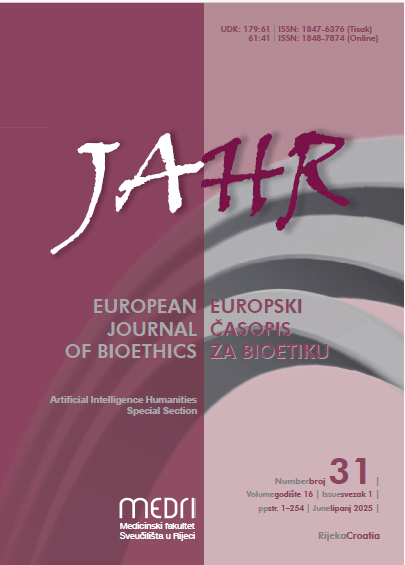Learner perception changes of ChatGPT over ten days: Focusing on psychological anthropomorphism, privacy concerns and trust
Keywords:
ChatGPT, privacy concern, psychological anthropomorphism, trust, learner awarenessAbstract
https://doi.org/10.21860/j.16.1.12
Given the increasing popularity of generative artificial intelligence (GAI) among students, this study examined learners' experiences before and after a Python programming course using ChatGPT, conducted as part of a data-processing course. Using a pre-post study design, we gathered data from 23 participants to investigate the changes in learners’ perceptions of ChatGPT, including perceived psychological anthropomorphism, privacy concerns, trust in ChatGPT, and continuance intentions. Our quantitative analysis revealed that perceived psychological anthropomorphism, privacy concerns, and trust increased significantly after participating in the course. The study also found that, despite being beginners in programming, learners showed a willingness to continue exploring related content after participating in the course. The participants also expressed that the use of ChatGPT lowered barriers to learning programming and text mining. These findings should be considered when planning or designing GAI-related literacy education programmes in the future.
Downloads
Published
Issue
Section
License
Authors who publish with this journal agree to the following terms:
- Authors retain copyright and grant the journal right of first publication with the work simultaneously licensed under a Creative Commons Attribution License that allows others to share the work with an acknowledgement of the work's authorship and initial publication in this journal.
- Authors are able to enter into separate, additional contractual arrangements for the non-exclusive distribution of the journal's published version of the work (e.g., post it to an institutional repository or publish it in a book), with an acknowledgement of its initial publication in this journal.
- Authors are permitted and encouraged to post their work online (e.g., in institutional repositories or on their website) prior to and during the submission process, as it can lead to productive exchanges, as well as earlier and greater citation of published work (See The Effect of Open Access).



